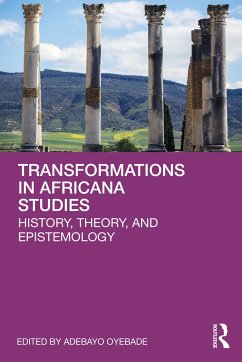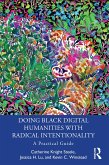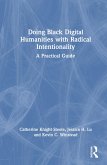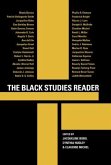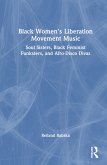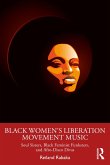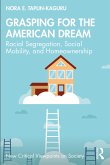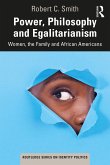This book introduces readers to the rich discipline of Africana Studies, reflecting on how it has developed over the last fifty years as an intellectual enterprise for knowledge production about Africa and the African diaspora.
The African world has always had a wealth of indigenous knowledge systems, but for the greater part of the scholarly history, hegemonic Western epistemologies have denied the authenticity of African indigenous ways of knowing. The post-colonial era has seen steady and deliberate efforts to expand the frontiers of knowledge about black people and their societies, and to Africanize such bodies of knowledge in all fields of human endeavor. This book reflects on how the multidisciplinary discipline of Africana Studies has transformed and reinvented itself as it has sought to advance knowledge about the African world. The contributors consider the foundations of the discipline, its key theories and methods of knowledge production, and how it interacts with popular culture, Women's Studies, and other area studies such as Ethnic and Afro-Latinix Studies.
Bringing together rich insights from across history, religion, literature, art, sociology, and philosophy, this book will be an important read for students and researchers of Africa and Africana Studies.
The African world has always had a wealth of indigenous knowledge systems, but for the greater part of the scholarly history, hegemonic Western epistemologies have denied the authenticity of African indigenous ways of knowing. The post-colonial era has seen steady and deliberate efforts to expand the frontiers of knowledge about black people and their societies, and to Africanize such bodies of knowledge in all fields of human endeavor. This book reflects on how the multidisciplinary discipline of Africana Studies has transformed and reinvented itself as it has sought to advance knowledge about the African world. The contributors consider the foundations of the discipline, its key theories and methods of knowledge production, and how it interacts with popular culture, Women's Studies, and other area studies such as Ethnic and Afro-Latinix Studies.
Bringing together rich insights from across history, religion, literature, art, sociology, and philosophy, this book will be an important read for students and researchers of Africa and Africana Studies.
